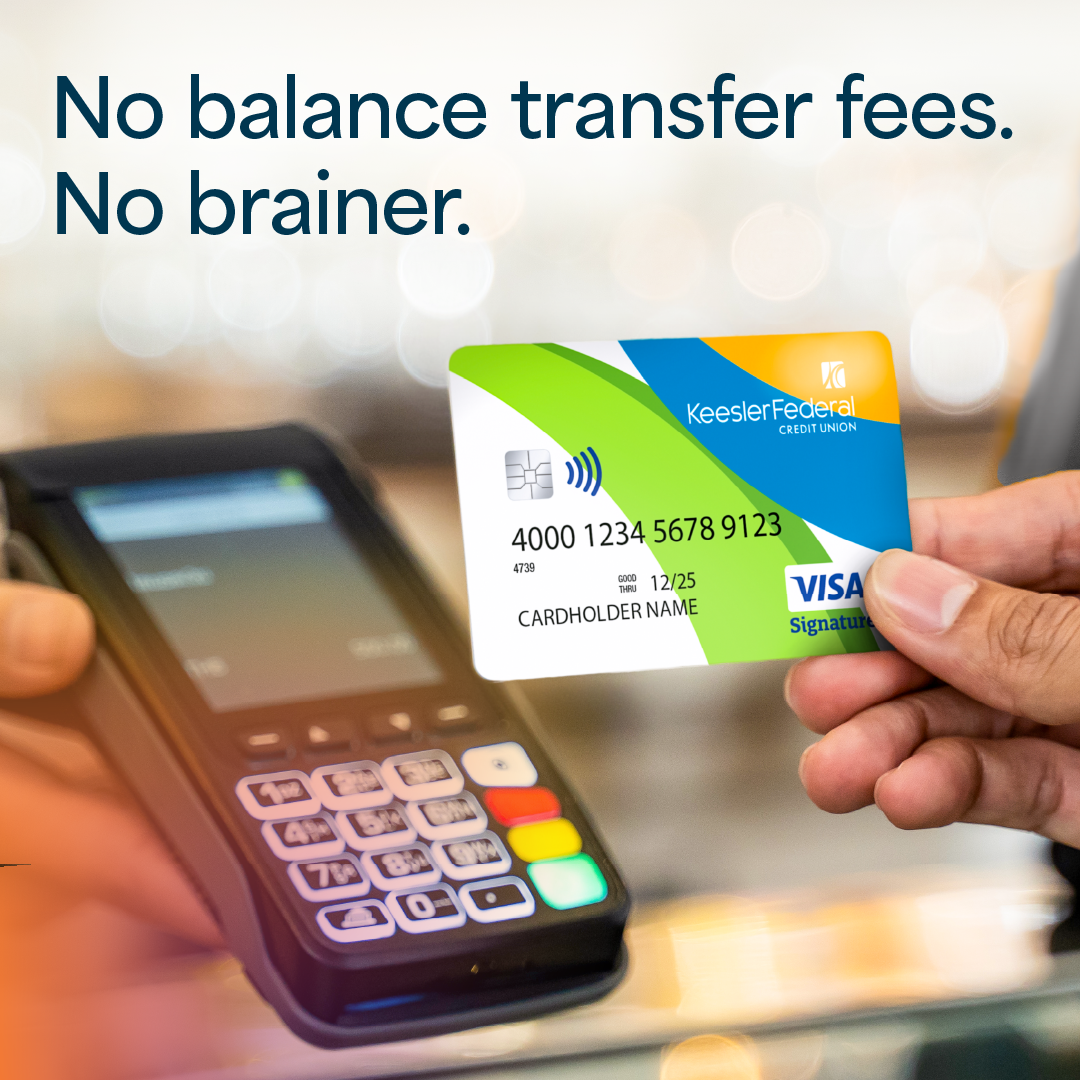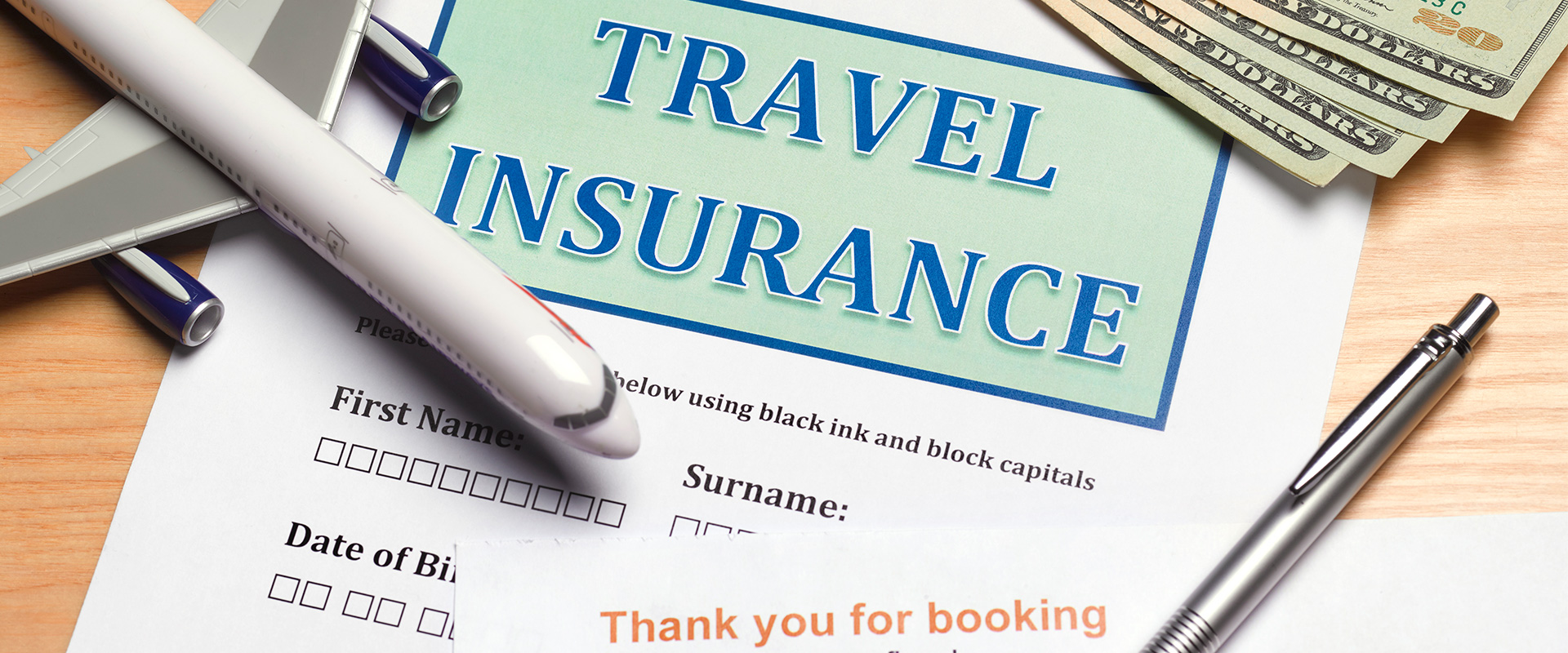The Smart Way to Use Credit Cards: A Guide to Better Spending and Financial Freedom
To truly harness their potential, you need to understand how they work, how to choose the right one, and how to avoid common pitfalls. This guide is here to help you master your credit card usage—not just spend smarter, but live smarter.

Why Credit Cards Matter More Than Ever
Credit cards have evolved far beyond simple payment tools. They’re now gateways to financial flexibility, rewards, and even protection. Here’s why they’re a must-have in your wallet:
-
Build Your Credit History: Consistent, responsible use improves your credit score, which affects everything from loan approvals to apartment rentals.
-
Earn Rewards and Cashback: Many cards offer points, miles, or cashback for everyday spending.
-
Fraud Protection: Most cards offer zero-liability protection on unauthorized purchases.
-
Travel Benefits: Airport lounge access, travel insurance, and no foreign transaction fees are perks on many premium cards.
-
Emergency Cushion: A credit card can act as a financial backup when unexpected expenses arise.
Choosing the Right Credit Card for You
Not all credit cards are created equal. Selecting the right one depends on your financial habits and goals. Here’s a quick comparison of popular card types:
| Card Type | Best For | Key Features |
|---|---|---|
| Cashback Cards | Everyday spenders | 1–5% cashback on categories like groceries/gas |
| Travel Rewards Cards | Frequent travelers | Points/miles, travel insurance, airport lounges |
| Student Credit Cards | Young adults with no credit history | Lower limits, education-focused perks |
| Secured Credit Cards | People rebuilding or building credit | Requires a deposit; helps build credit |
| Balance Transfer Cards | Paying off existing credit card debt | 0% APR for 6–21 months on balance transfers |
💡 Tip: If you spend around $1,000/month on groceries and gas, a 3% cashback card could earn you $360 a year—just for spending as usual.
How to Use Your Credit Card Responsibly
Getting approved is just the beginning. Responsible usage is what unlocks real value.
1. Pay Your Balance in Full
Always pay off your balance by the due date. This avoids interest charges, which can average 20% APR. Even carrying a small balance can cost you big over time.
2. Keep Utilization Below 30%
Your credit utilization ratio (how much credit you’re using vs. how much you have) should stay under 30%. For example, if your limit is $5,000, try not to carry a balance over $1,500.
3. Set Up Automatic Payments
Avoid late fees and credit score dings by automating your minimum or full payments.
4. Don’t Chase Rewards Blindly
Spending just to earn points? That’s a trap. Stick to purchases you’d make anyway.
5. Monitor Your Statements
Fraud, errors, or unexpected charges can happen. Check your transactions monthly.
The Cost of Misusing a Credit Card
When mismanaged, credit cards can quickly become a debt trap. Here’s what to watch for:
-
High Interest Rates: Average credit card APR is around 20.68% (as of 2024). Missing a payment can mean hundreds in interest.
-
Late Fees: Typically $25–$40 per incident.
-
Credit Score Damage: A single late payment can drop your score by 100+ points.
-
Annual Fees: Some premium cards charge $95–$550 annually. Make sure the perks are worth it.
Maximizing Rewards Without Overspending
Want to make your card work harder? Here’s how to maximize your credit card benefits without falling into the debt cycle:
-
Align Rewards with Your Lifestyle: If you fly frequently, go for a card with airline rewards and travel perks.
-
Use Bonus Categories Strategically: Some cards offer rotating 5% cashback categories—activate and use them.
-
Combine Cards for Maximum Return: Use different cards for different spending categories (e.g., one for dining, one for groceries).
-
Redeem Wisely: Travel redemptions often give the best value for points or miles.
Credit Card Myths You Should Ignore
Let’s clear up some common misconceptions:
-
“Carrying a balance improves your score.” False. Only paying on time matters—carrying a balance only costs you interest.
-
“One credit card is enough.” Not necessarily. Multiple cards used responsibly can diversify your credit profile and increase total available credit.
-
“Closing a card boosts your score.” Wrong again. Closing an old account can shorten your credit history and reduce available credit—potentially harming your score.
Who Should Use Credit Cards?
Credit cards are for anyone who can use them responsibly—from students starting out to retirees managing travel and medical expenses. If you’re disciplined, they’re among the most powerful tools in your financial toolkit.
You’ll benefit the most if you:
-
Have a steady income
-
Can pay in full monthly
-
Want to build or improve credit
-
Want rewards for everyday spending
-
Need added protection for purchases and travel
Final Thoughts: Empower Your Finances with Smart Credit Card Use
When used wisely, credit cards can be a gateway to financial strength, not just spending power. They offer flexibility, rewards, and credit-building potential that debit cards simply can’t match.
Don’t let myths or past mistakes keep you from using this powerful tool to your advantage.
✅ Ready to Choose the Right Credit Card?
Explore your spending habits, compare your options, and apply for a credit card that aligns with your lifestyle today. The right choice could mean free travel, cash back, and a stronger financial future—starting now.










